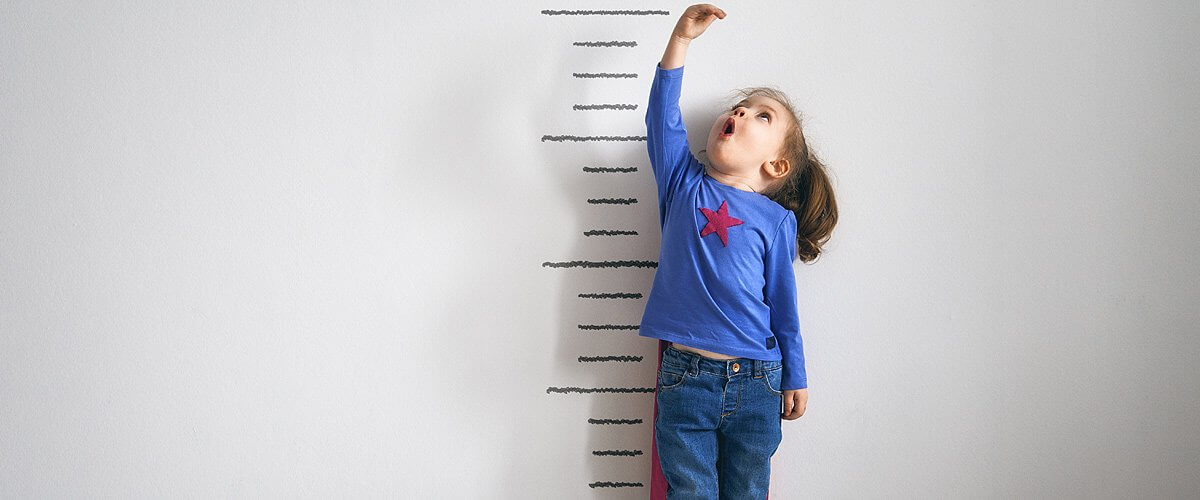The new fashion has taken over the European political scene and is already threatening to spoil the image of the supreme democracy for which it is known around the world. The influential Brussels Politiko noticed that European leaders are increasingly avoiding speaking in front of journalists, avoiding their questions and fleeing into the company of people from think tanks, with whom they simulate an open conversation. In those conversations, however, there are no tricky questions that would certainly be present at press conferences, because people from European institutes, research centers and NGOs do not want to come into conflict with EU leaders. Why? Because a large number of them depend on donations from the same EU and each of its large members individually, and since they are fighting for every euro on the highly competitive market of the non-governmental sector, then forget questions about, for example, building a gas pipeline from Russia to Germany or the fiasco of Josep Borrell’s visit to Moscow.
It is nothing new that a large number of Western think tanks, instead of being “laboratories of new ideas, help politicians in their PR”, as the Brussels portal states. But still, the news is that they received a slap in the face from one of the most influential media in Brussels for such dishonorable service. Their influence in the political sphere is huge, but that power comes less and less from their ideas and expertise, and more and more from the support they give to real politicians, those on whom their existence depends, by nodding their heads.
We will try to examine what this looks like in practice on an example which is fresh, and close to us. Freedom House, one of the most respected American and global NGOs for the promotion of democracy and human rights, recently published a regular annual survey on the state of political rights and civil liberties around the world and in each country individually. Again, for the third year in a row, Serbia received fewer points, which, according to Freedom House, means that freedoms in political and social life are declining, so Serbia is ranked among the Partly free states. Without intending to dispute or criticize the findings of Freedom House, and there are reasons for that, but there is not enough space, we cannot easily pass, for example, over the findings that Kosovo is more advanced than Serbia in terms of political freedoms (it has one point more). This is what Freedom House’s “scoreboard” says, as it says that Moldova is in front of Serbia with four points more in political freedoms, and Albania with as many as five points more in the same category.
Can such a “measurement” really convince anyone serious of its objectivity and credibility? Can the European Commission, which also annually but in detail and precisely assesses the progress of each candidate for EU membership, agree with this? Can Freedom House convince it that it is wrong when it says that Serbia, after fulfilling the criteria for EU membership, is unattainable for Albania, which has yet to start membership negotiations, and especially for Moldova, which is not even seen as a member of the Union, and Kosovo, which five members of the Union do not even recognize as a state. Unattainable in all disciplines measured by Freedom House and the European Commission, including the state of political rights. Which “meter” will you trust in this case? To the American NGO and its anonymous researchers and experts, or to the well-paid and professional Brussels bureaucracy?
Here, perhaps, we have come to a numerical expression that confirms something that the President of Serbia, Aleksandar Vučić, has been talking about for a long time. About the warning he received from high Western addresses that Serbia “must not stick out” in its environment, that it must be reduced to the numbers that prevail in countries similar to it. That it must not make a huge difference in the economy, in attracting investments, in suppressing unemployment, and especially in the procurement of vaccines and the percentage of the vaccinated population. Then why not in the state of political rights and civil liberties, where a respectable international authority, such as Freedom House, will turn the warning that Serbia must not stick out into a mathematical expression in a second. And to reduce it to the level below Albania, Moldova and Kosovo!? Such a ranking could not be defended even by the most spirited domestic fans, who are looking forward to the fall of Vučić’s Serbia on any world instant list of economic strength, human rights and democracy.
Last year, Prime Minister Ana Brnabić tried patiently, in detail and with great arguments to point out to the director of Freedom House, Michael Abramowitz, a series of inconsistencies regarding the declining rating of Serbia in a similar project of his organization. Including completely opposite assessments given about Serbia by many other organizations that also measure the state of democracy in the world. She received a very short and the only expected answer – we stick to our results. Any other answer would mark a revolution in the global NGO order, although it might be fair to begin with. Thus, we are facing a year in which the ranking of Serbia according to Freedom House will appear countless times in similar state and non-state reports on the state of democracy and civil liberties. Without any logic, let alone checks “on the field”. This endless copying and quoting will not make it more reliable, it will only maintain peace between powerful governments and their intellectual epigones from the NGO sector. During that time, real life will go the other way, past their “fixed” weighing scales. And Serbia will continue to stick out.
